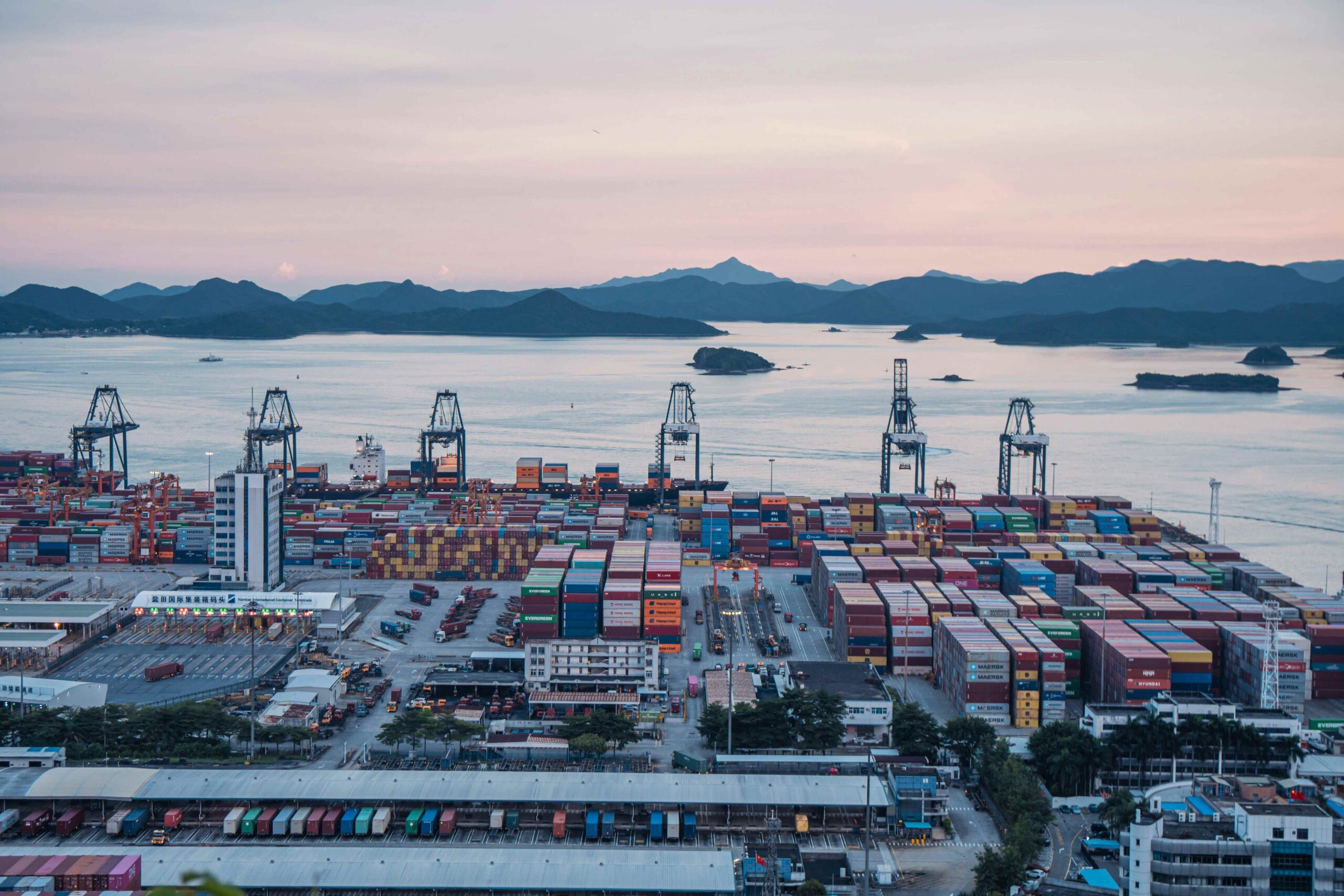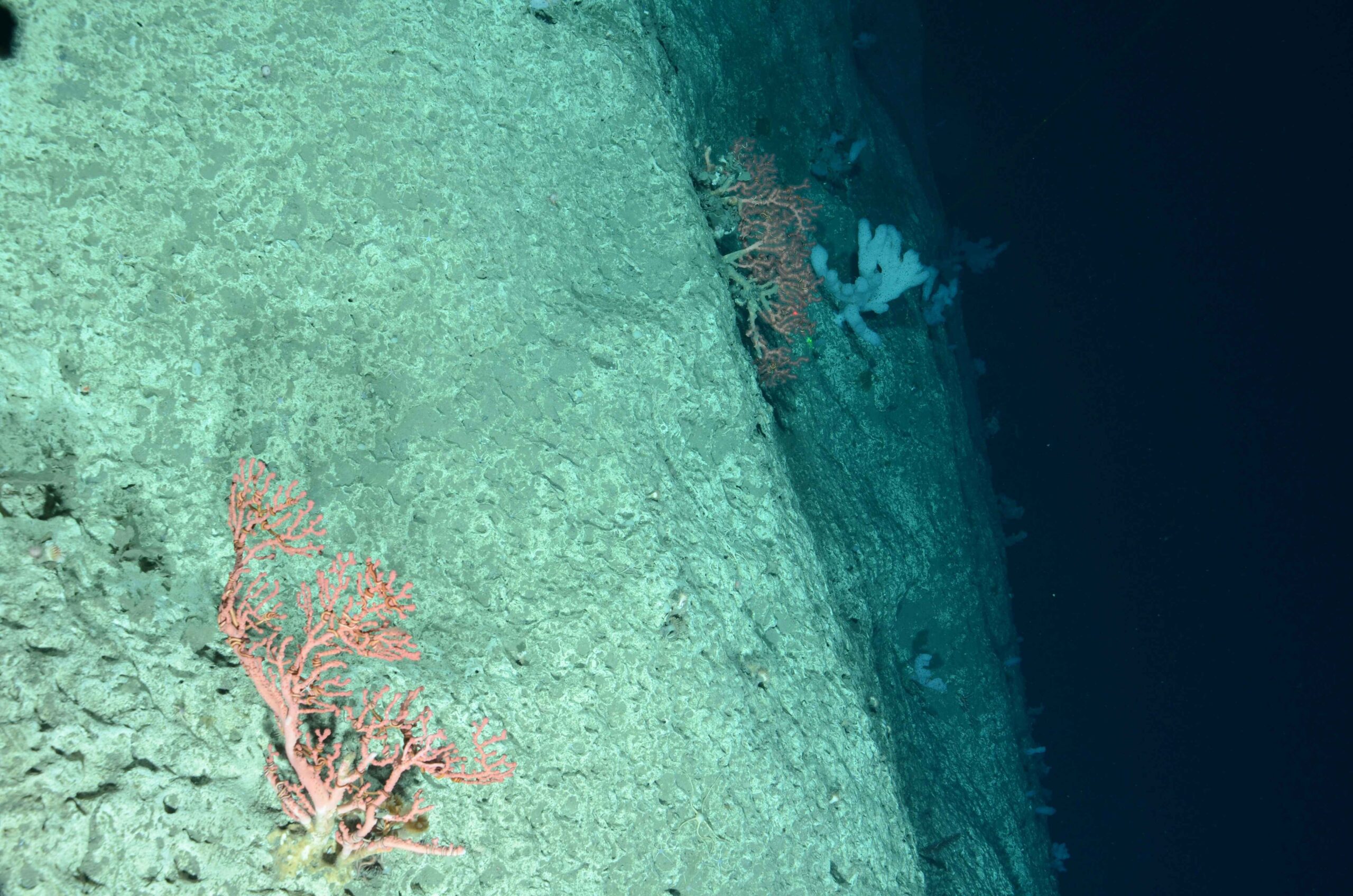Cost-Benefit Analysis of Hybrid Bunker Fuel Solutions
As the maritime industry shifts towards greener practices, hybrid bunker fuel solutions have emerged as a viable option for enhancing fuel efficiency and reducing emissions. These systems blend traditional marine fuels with alternative energy sources, such as electricity, offering a pathway to more
Future Trends in Marine Fuel Research and Development
The maritime industry is undergoing significant changes driven by advancements in marine fuel research and development. With stricter environmental regulations and an increasing emphasis on sustainability, the focus is shifting towards cleaner and more efficient fuel options. Here are some of the key
Role of Port Infrastructure in Efficient Bunker Fuel Distribution
The Role of Port Infrastructure in Efficient Bunker Fuel Distribution Port infrastructure is a vital component in the efficient distribution of bunker fuel, which is crucial for the global shipping industry. The efficiency of fuel distribution at ports directly impacts ship operations, maritime
Impact of Geopolitical Tensions on Bunker Fuel Supply and Pricing
Geopolitical tensions have a substantial impact on the supply and pricing of bunker fuel, which is vital for powering ships worldwide. Political conflicts, sanctions, and trade restrictions between nations can significantly influence the global bunker fuel market. Understanding these impacts is essential for
Technological Advancements in Bunker Fuel Containment
In recent years, significant strides have been made in enhancing the containment and management of bunker fuel, which is crucial for powering ships and vessels worldwide. The containment of bunker fuel presents both environmental challenges and operational risks if not properly managed. Here
Comparative Studies of Bunker Fuel and Other Marine Fuels
Marine fuels are pivotal in powering ships and vessels worldwide, with their environmental impact being a significant concern. This article delves into comparative studies between bunker fuel and alternative marine fuels, focusing on their composition, emissions profiles, and environmental implications. Understanding Bunker Fuel
Regulatory Impact on Bunker Fuel Refinery Operations
Bunker fuel refinery operations are profoundly shaped by regulatory frameworks aimed at maintaining environmental standards, ensuring fuel quality, and reducing emissions. This article explores the influence of these regulations on bunker fuel refineries, examining their operational implications, the compliance challenges they pose, and
Impact of Bunker Fuel on Marine Biodiversity
Bunker fuel, a key energy source for maritime transport, has significant implications for marine biodiversity due to its composition and the environmental consequences of its use. This article explores the impact of bunker fuel on marine ecosystems, highlighting both direct and indirect effects,
Corrosion Inhibition Strategies in Bunker Fuel Systems
In the realm of maritime and industrial operations, protecting bunker fuel systems from corrosion is essential for maintaining efficiency, prolonging equipment life, and reducing maintenance costs. This article explores various methods of corrosion inhibition, their effectiveness, and their implications for bunker fuel systems.
Real-World Performance Data Analysis of Bunker Fuels
Analyzing real-world performance data of bunker fuels is essential for understanding their efficiency, emissions profile, and operational impact in maritime transportation. This article explores the significance of real-world data analysis, methodologies employed, key findings, and implications for stakeholders in the bunker fuel industry.










